In recent years, there has been a growing concern about the impact of diet on cholesterol levels and overall heart health. One particular snack that has come under scrutiny is salted peanuts. These crunchy and savory treats have long been a popular snack option, but many people are now questioning whether they are a wise choice for those watching their cholesterol levels. In this article, we will explore the relationship between salted peanuts and cholesterol, dispel some common myths, and provide tips for making informed snack choices. First, it is essential to understand the basics of cholesterol. Cholesterol is a waxy substance that is found in the cells of the body and in the bloodstream. It is crucial for the production of hormones, vitamin D, and bile acids that help digest fat. However, having high levels of cholesterol in the blood can increase the risk of heart disease and stroke. There are two main types of cholesterol: low-density lipoprotein (LDL) and high-density lipoprotein (HDL). LDL cholesterol is often referred to as “bad” cholesterol because high levels can lead to a buildup of plaque in the arteries, which can restrict blood flow and increase the risk of heart disease. In contrast, HDL cholesterol is known as “good” cholesterol because it helps remove LDL cholesterol from the bloodstream. Now, let’s turn our attention to salted peanuts.
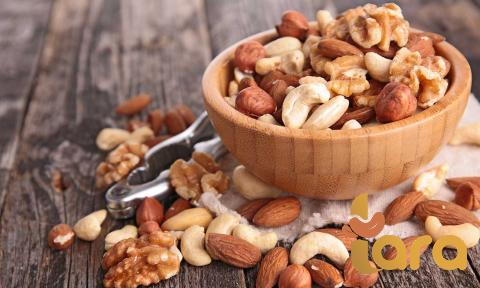
.
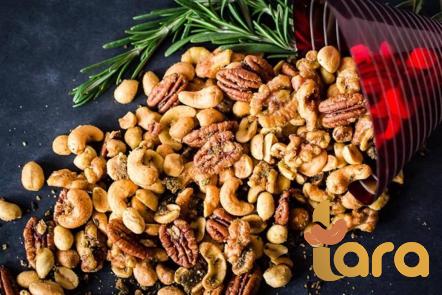 Peanuts are a good source of plant-based protein, healthy fats, fiber, vitamins, and minerals. They are also a popular snack choice due to their satisfying crunch and savory flavor. However, when it comes to cholesterol, some people have raised concerns about the salt content in salted peanuts. Salt is often used in the roasting and flavoring process of peanuts to enhance their taste. Excessive salt intake has been linked to high blood pressure and other health issues, so it is natural to question whether salted peanuts can negatively impact cholesterol levels. The good news is that, in moderation, salted peanuts are not likely to have a significant impact on cholesterol levels for most people. While salt intake should be monitored as part of a heart-healthy diet, the cholesterol content in peanuts is relatively low. In fact, peanuts contain mostly unsaturated fats, which can have a positive effect on cholesterol levels when eaten in place of saturated fats. Additionally, the fiber found in peanuts can help lower LDL cholesterol levels and reduce the risk of heart disease. It is essential to note that individual responses to dietary cholesterol and saturated fats may vary. Some people may be more sensitive to the effects of certain foods on their cholesterol levels than others.
Peanuts are a good source of plant-based protein, healthy fats, fiber, vitamins, and minerals. They are also a popular snack choice due to their satisfying crunch and savory flavor. However, when it comes to cholesterol, some people have raised concerns about the salt content in salted peanuts. Salt is often used in the roasting and flavoring process of peanuts to enhance their taste. Excessive salt intake has been linked to high blood pressure and other health issues, so it is natural to question whether salted peanuts can negatively impact cholesterol levels. The good news is that, in moderation, salted peanuts are not likely to have a significant impact on cholesterol levels for most people. While salt intake should be monitored as part of a heart-healthy diet, the cholesterol content in peanuts is relatively low. In fact, peanuts contain mostly unsaturated fats, which can have a positive effect on cholesterol levels when eaten in place of saturated fats. Additionally, the fiber found in peanuts can help lower LDL cholesterol levels and reduce the risk of heart disease. It is essential to note that individual responses to dietary cholesterol and saturated fats may vary. Some people may be more sensitive to the effects of certain foods on their cholesterol levels than others.
..
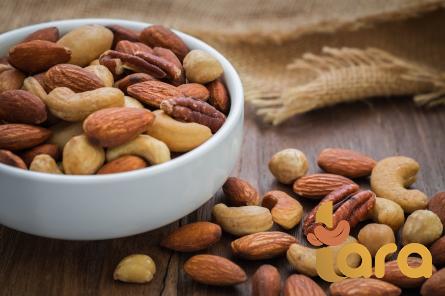 If you have concerns about how salted peanuts may be affecting your cholesterol, it is a good idea to consult with a healthcare provider or a registered dietitian for personalized guidance. When choosing salted peanuts as a snack, be mindful of portion sizes and try to select unsalted or lightly salted varieties when possible. It is also a good idea to pair salted peanuts with other heart-healthy foods, such as fresh fruits, vegetables, whole grains, and lean proteins, to create a well-rounded snack. Avoid overindulging in salted peanuts or using them as a substitute for nutrient-dense foods in your diet. In conclusion, salted peanuts can be enjoyed as part of a balanced diet without significantly impacting cholesterol levels for most individuals. While salt intake should be monitored, the cholesterol content in peanuts is relatively low, and their nutrient profile offers several health benefits. By making informed snack choices, practicing moderation, and focusing on a varied and nutritious diet, you can continue to enjoy salted peanuts as a tasty and satisfying snack option. Remember, balance and moderation are key when it comes to maintaining overall health and well-being. In addition to being a delicious snack, salted peanuts can also be a versatile ingredient in various dishes. From salads to stir-fries to baked goods, there are countless ways to incorporate salted peanuts into your meals. By getting creative in the kitchen and experimenting with different recipes, you can enjoy the flavor and crunch of salted peanuts while also reaping the nutritional benefits they offer. When it comes to managing cholesterol levels, it is essential to focus on overall dietary patterns rather than fixating on individual foods. A heart-healthy diet should include a variety of nutrient-dense foods, such as fruits, vegetables, whole grains, lean proteins, and healthy fats.
If you have concerns about how salted peanuts may be affecting your cholesterol, it is a good idea to consult with a healthcare provider or a registered dietitian for personalized guidance. When choosing salted peanuts as a snack, be mindful of portion sizes and try to select unsalted or lightly salted varieties when possible. It is also a good idea to pair salted peanuts with other heart-healthy foods, such as fresh fruits, vegetables, whole grains, and lean proteins, to create a well-rounded snack. Avoid overindulging in salted peanuts or using them as a substitute for nutrient-dense foods in your diet. In conclusion, salted peanuts can be enjoyed as part of a balanced diet without significantly impacting cholesterol levels for most individuals. While salt intake should be monitored, the cholesterol content in peanuts is relatively low, and their nutrient profile offers several health benefits. By making informed snack choices, practicing moderation, and focusing on a varied and nutritious diet, you can continue to enjoy salted peanuts as a tasty and satisfying snack option. Remember, balance and moderation are key when it comes to maintaining overall health and well-being. In addition to being a delicious snack, salted peanuts can also be a versatile ingredient in various dishes. From salads to stir-fries to baked goods, there are countless ways to incorporate salted peanuts into your meals. By getting creative in the kitchen and experimenting with different recipes, you can enjoy the flavor and crunch of salted peanuts while also reaping the nutritional benefits they offer. When it comes to managing cholesterol levels, it is essential to focus on overall dietary patterns rather than fixating on individual foods. A heart-healthy diet should include a variety of nutrient-dense foods, such as fruits, vegetables, whole grains, lean proteins, and healthy fats.
…
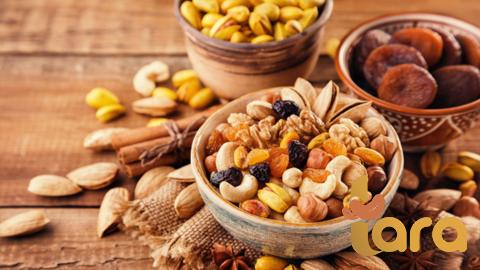 By emphasizing whole foods and minimizing the intake of processed and refined products, you can support your heart health and overall well-being. Regular physical activity is another crucial component of a heart-healthy lifestyle. Exercise can help lower LDL cholesterol levels, raise HDL cholesterol levels, improve blood circulation, and reduce the risk of cardiovascular disease. Aim for a combination of aerobic exercise, strength training, and flexibility exercises to promote cardiovascular fitness and overall health. Even simple activities like walking, gardening, or dancing can have significant benefits for your heart health. In conclusion, salted peanuts can be a tasty and satisfying snack option that can be enjoyed as part of a balanced diet. While concerns have been raised about the impact of salted peanuts on cholesterol levels, these concerns are largely unfounded for most individuals. By practicing moderation, choosing unsalted or lightly salted varieties, and pairing salted peanuts with other nutrient-dense foods, you can continue to enjoy this crunchy snack without compromising your heart health. Remember that maintaining healthy cholesterol levels is not just about avoiding certain foods but also about adopting a holistic approach to health that includes regular physical activity, stress management, and adequate sleep. By making informed decisions about your diet and lifestyle, you can support your heart health and reduce your risk of heart disease. So go ahead and enjoy a handful of salted peanuts as a delicious and nutritious snack, knowing that you are taking steps to promote your overall well-being.
By emphasizing whole foods and minimizing the intake of processed and refined products, you can support your heart health and overall well-being. Regular physical activity is another crucial component of a heart-healthy lifestyle. Exercise can help lower LDL cholesterol levels, raise HDL cholesterol levels, improve blood circulation, and reduce the risk of cardiovascular disease. Aim for a combination of aerobic exercise, strength training, and flexibility exercises to promote cardiovascular fitness and overall health. Even simple activities like walking, gardening, or dancing can have significant benefits for your heart health. In conclusion, salted peanuts can be a tasty and satisfying snack option that can be enjoyed as part of a balanced diet. While concerns have been raised about the impact of salted peanuts on cholesterol levels, these concerns are largely unfounded for most individuals. By practicing moderation, choosing unsalted or lightly salted varieties, and pairing salted peanuts with other nutrient-dense foods, you can continue to enjoy this crunchy snack without compromising your heart health. Remember that maintaining healthy cholesterol levels is not just about avoiding certain foods but also about adopting a holistic approach to health that includes regular physical activity, stress management, and adequate sleep. By making informed decisions about your diet and lifestyle, you can support your heart health and reduce your risk of heart disease. So go ahead and enjoy a handful of salted peanuts as a delicious and nutritious snack, knowing that you are taking steps to promote your overall well-being.

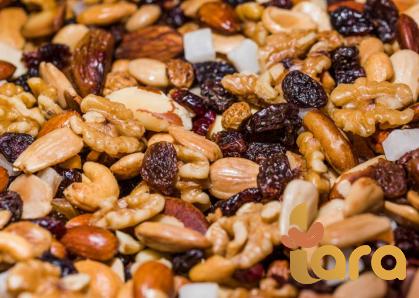
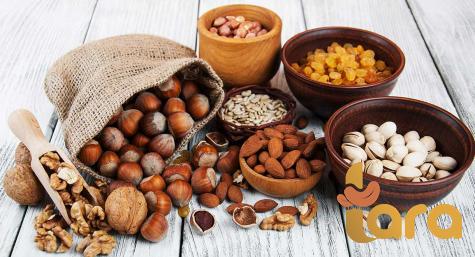
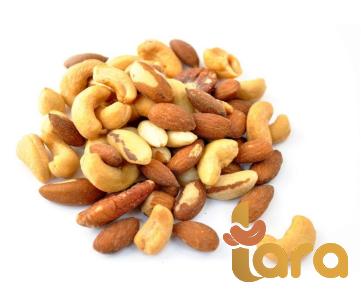
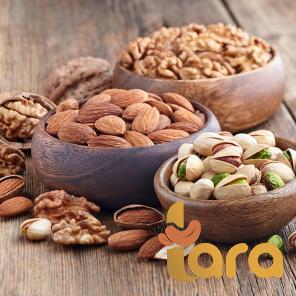
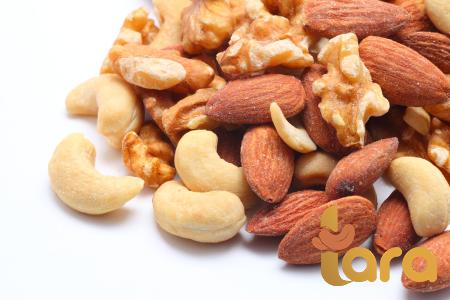
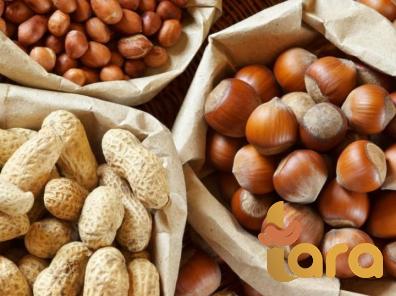
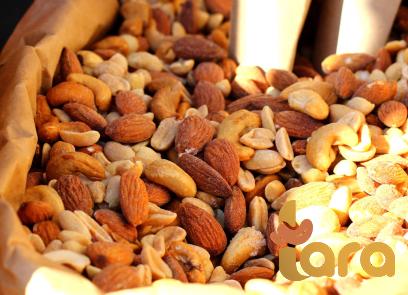
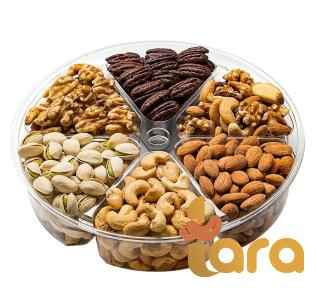
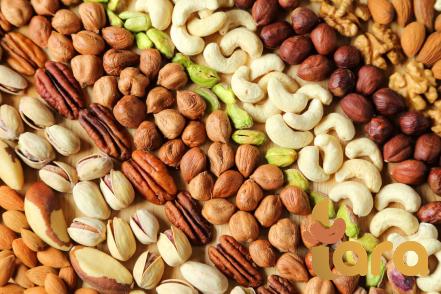
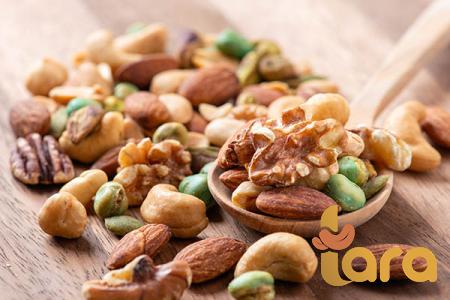
Your comment submitted.